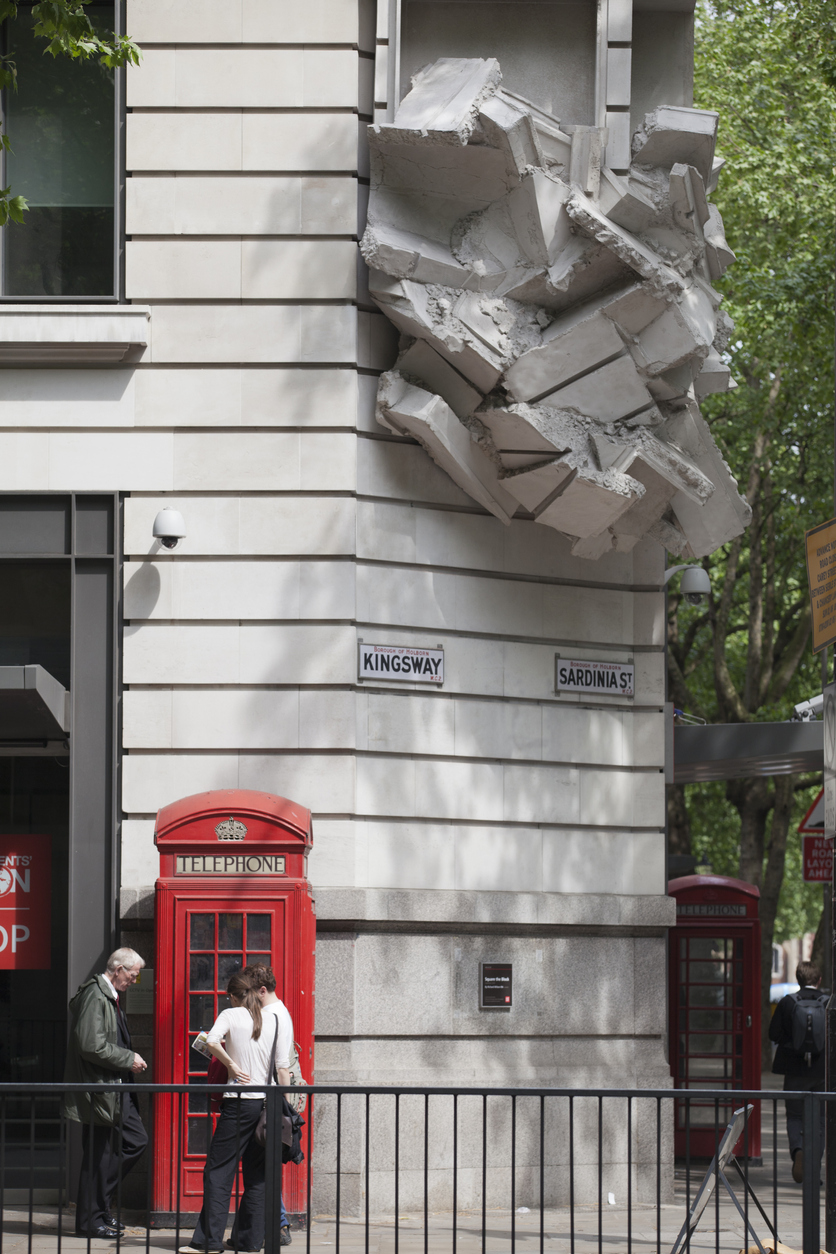Formal discovery in insurance lawsuits is replete with protracted discovery battles, insurers motions for protective orders, and evasive responses from insurers trying to avoid turning over information damaging to their case. Historically, some of our biggest breakthroughs have come from “alternative” sources and by organizing other policyholder attorneys with similar cases against the same insurance company. The value to policyholder attorneys networking to uncover the motives of an insurer seemingly engaged in repeated denials of meritorious claims cannot be overstated.
One legal treatise noted the value of sharing information:
“The value of information sharing among plaintiffs in similar cases has been broadly recognized in a growing body of case law in state and federal courts and in the legal literature. A review of the authorities makes clear that a consensus of legal opinion, from a wide variety of perspectives, strongly advocates the practice. Judges and scholars agree that sharing of discovery among plaintiffs is necessary to promote full, fair, and efficient access to information, to deter and detect stonewalling, and to advance the truth-finding function of the judicial system. A restrictive confidentiality order that precludes information sharing among counsel with similar cases.”
Francis H. Hare, Jr., et al, Full Disclosure: Combating Stonewalling and Other Discovery Abuses, 161-62 (AAJ Press 1994).
One reason I wrote Insurance Settlement Preparation, and very publicly posted the information about our case against Lexington Insurance Company, is because we are trying to find out from others if they are having any better luck at figuring out why Lexington seems to be taking such a hard line on claims in Louisiana. We have already learned of other cases with similar problems which we have encountered. It saves a lot of time and money to not have to make a trail that another has already laid. We try to return the favor.
Even the media has picked up on Lexington’s claims litigation. The Times-Picayune published a story in Sunday’s paper, Court Issues String of Policyholder-Friendly Rulings in Insurance Cases. The article noted how many cases Lexington is involved and losing:
“Another explanation, of course, is that the trend is simply a consistent set of decisions on one company’s behavior, since three of the four cases dealt with Lexington, a unit of AIG. Lexington did not respond to phone and e-mail requests for comment.”
Examples of how sharing information helps everybody (except the insurers) are plentiful. Much of the discovery concerning State Farm’s claims practices following Hurricane Katrina came about as a result of information coming to light in other lawsuits. For example, we published as exhibits to a complaint a client’s original engineering report which would have provided coverage and also the altered report with the forged signature. Before that, spokesmen for the insurance industry asked Dickie Scruggs to “back up” his allegations with proof. As a result, everybody knew to ask for an original report and not accept what the insurer was providing as the absolute truth.
Any attorney that represents policyholders and is interested in sharing information regarding claims practices of insurers should contact our law firm. We will provide information for joining the American Association of Justice‘s Litigation Group dedicated to this. And, for any others that might have information that may provide me a better understanding of Lexington and AIG, I am only an email or call away from you.




